Integrated Musha/Nyumba Theory of Socio-economic development

Socio-economic development studies are crucial for development al social work, which has been promoted as the best approach to social work and development in Africa. The body of knowledge of socio-economic development in Africa is growing and new models and theories are emerging. A model that emerged in 2021 is the integrated musha/nyumba. This is highly appropriate given that more than 70% of people in Africa live on musha or nyumba, and more than 90% have a musha or nyumba.
Musha means homestead in Shona language and nyumba in Swahili. Musha is the permanent home for Africans and it is found in the village. Musha is the first and smallest geographical unit of African society. It is a place to live with the environment, be productive, enjoy culture and a rest place for deceased ones. Musha is economic, social, spiritual, environmental and humanistic.
This socio-economic development theory promotes nyumba as a place for farming activities throughout the whole year while incorporating science and technology to make musha an economic enterprise that generates income for each family to sustain its livelihood and benefiting the community and the nation.
The theory combines culture, community, technology and enterprise. An integral musha/nyumba promotes household trade to enhance family livelihoods and helps in creating an active and vibrant village and regional economy (Taranhike, 2021)’.
Characteristics of an integrated musha/nyumba are:
- It maintains the communal way of life – doesn’t disrupt the African cultural social fabric because people do not move out of their community in search of employment
- Promotes family unity and community cohesion – people earn a living while they are in their family homestead setting which is grounded in nature
- A place for respected gender role sharing – for example, musha mukadzi is about women/wives as core to existence of musha.
- People live in harmony with nature – harvesting sunshine to produce solar energy, and harvesting both rainwater and underground water in order to ensure that farming is carried out throughout the whole year using drip irrigation, keeping bees for honey and pollination, soil conservation,
- Growing traditional crops that are drought resistant
- Growing high value crops such as garlic, ginger, turmeric, etc, thereby even enabling the rural folk to earn foreign currency as these crops can be exported
- Rural tourism – draws on African values of hospitality and respect
- Reversing colonisation and urbanisation – making African rural communities proud of who they are, their culture and their history.
- Combines indigenous and exogenous knowledges
- Processing and value addition – instead of selling raw produce
- Contributes to the economy of the family, community and country
‘As a whole, the Integral Kumusha provides a holistic and integrated approach in rural development and enhancing livelihoods, starting with the traditional homestead within the community, living in harmony with nature while promoting our culture and improving knowledge co-creation through science and technology and using the Integral Kumusha as an enterprise to generate income for the home, the community and the nation at large’, (Taranhike, 2021).
Cite as: Taranhike, D. S. (2021). Integral Kumusha: A Case of Buhera – Towards Self-Sufficiency in Zimbabwe via Nhakanomics. PhD Thesis. Da Vinci University and TRANS4M Academy for Integral Transformation
Use the form below to subscibe to Owia Bulletin.
Discover more from Africa Social Work & Development Network | Mtandao waKazi zaJamii naMaendeleo waAfrika
Subscribe to get the latest posts sent to your email.

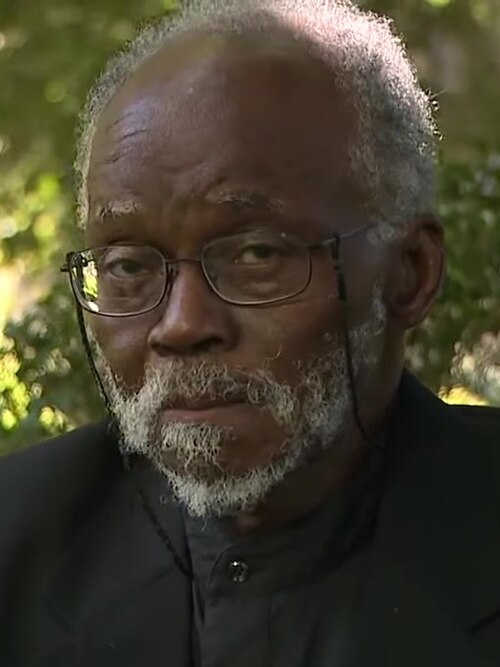
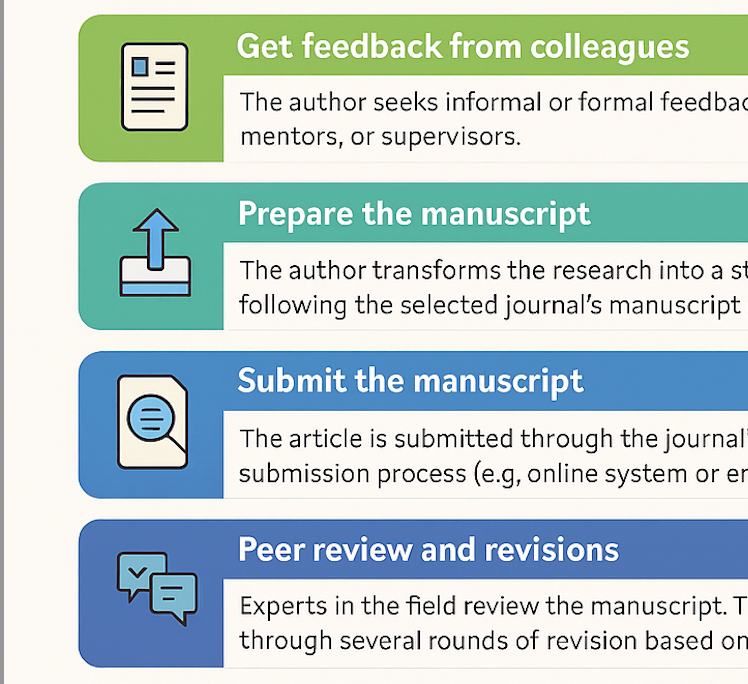

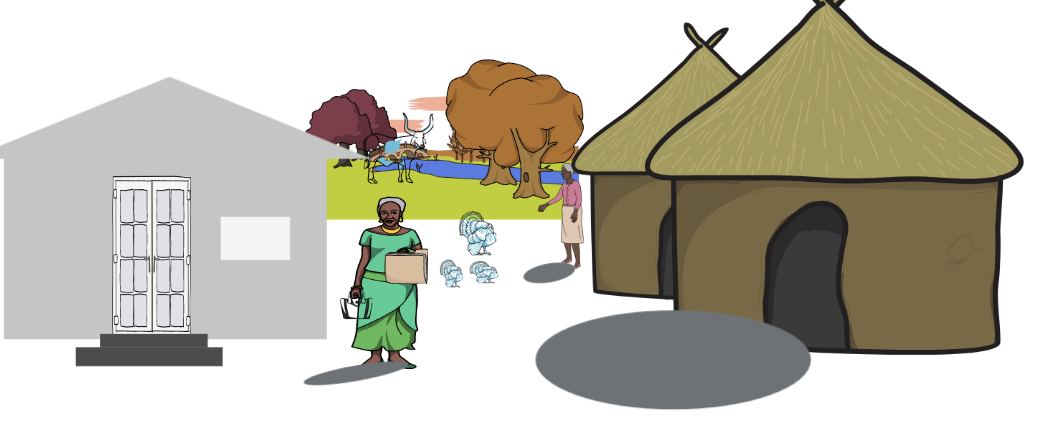
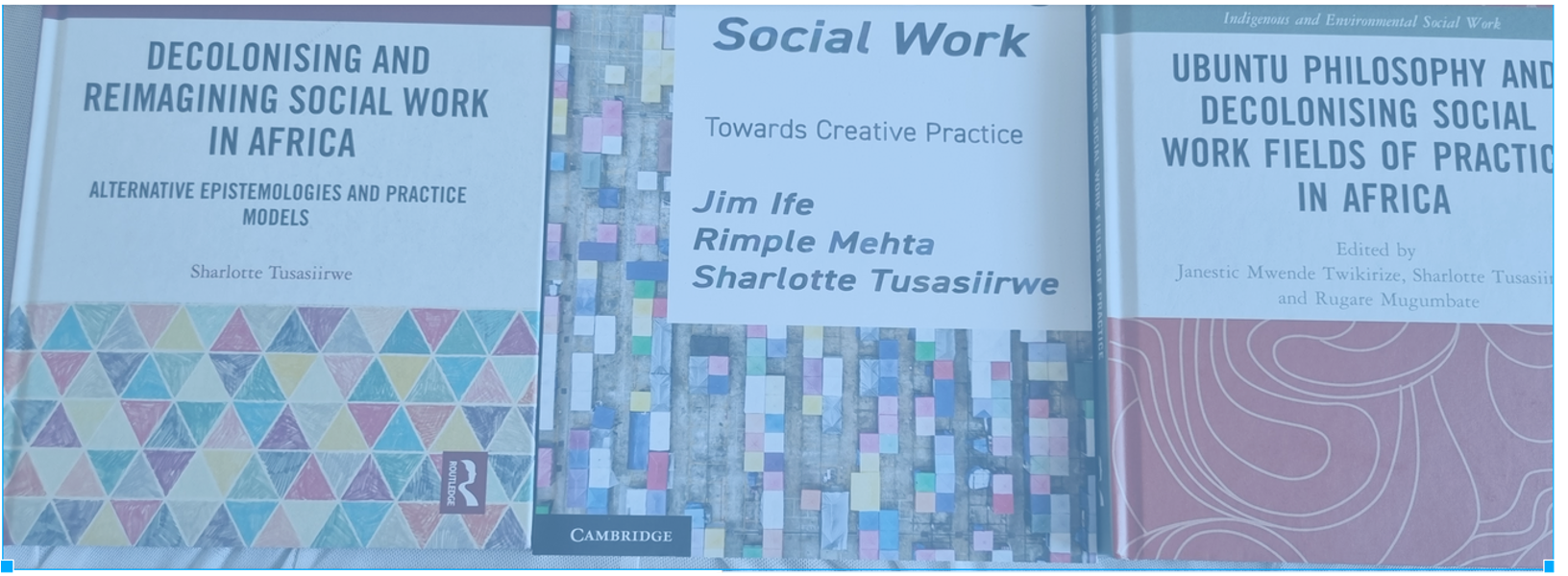
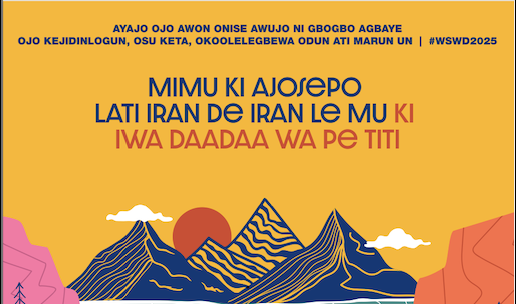
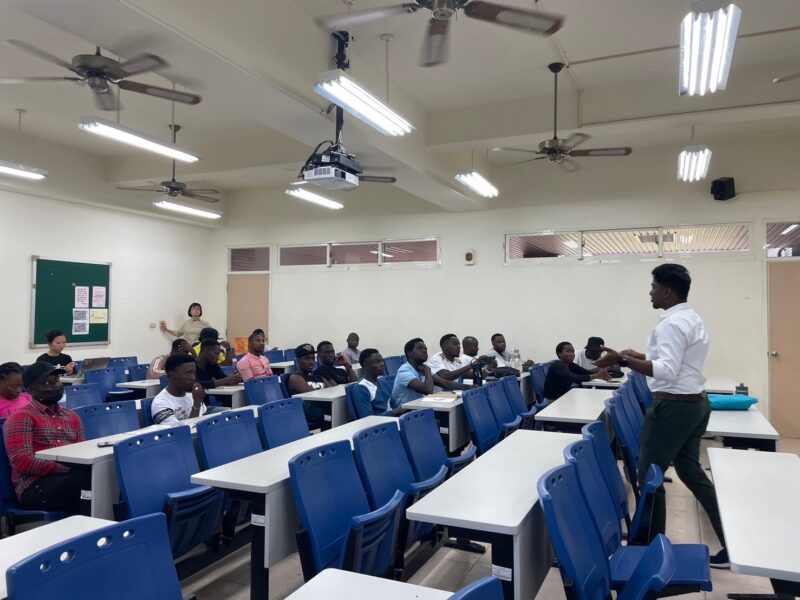
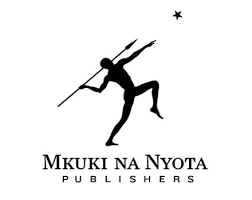
You must be logged in to post a comment.